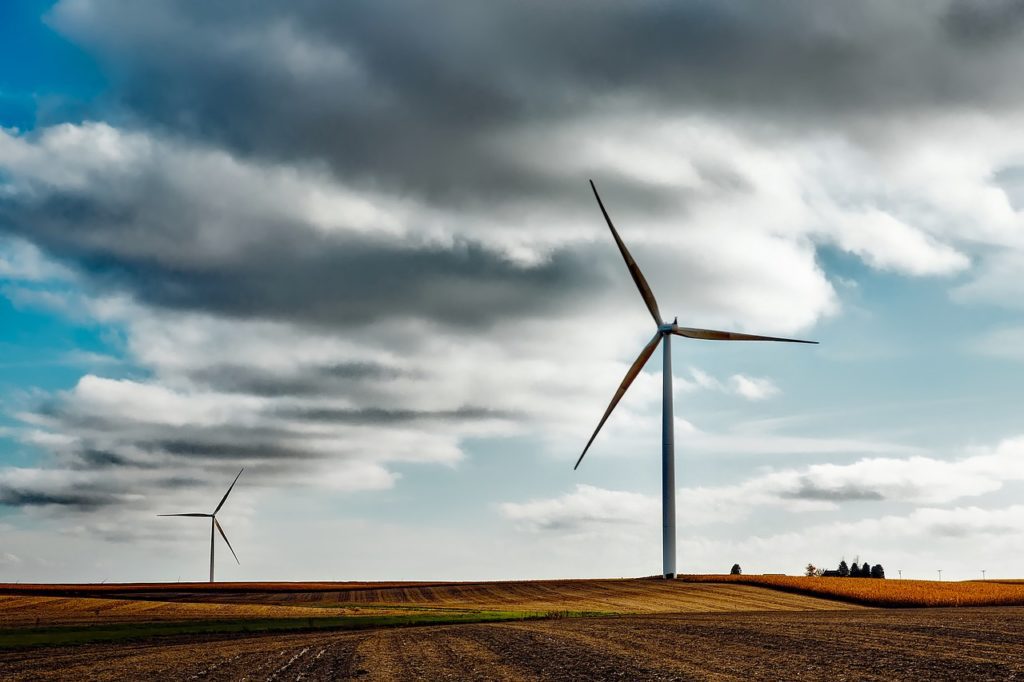According to most estimates, a 40% increase in global energy use is expected within the next two decades. Coal, oil and natural gas currently constitute over 80% of the world’s energy. A whole range of problems linked to relying on fossil fuels makes the need to replace them with renewable sources grow exponentially.
Very promising local green energy producing companies have started to appear on the market. They prove that the transition towards clean energy is possible but it is clear that a global shift still requires more investment. However, if such startups receive enough support to be able to grow, within a few years they will become much more influential.
Most governments make insignificant or no contribution in this challenging mission towards green energy. In response to that, various interesting crowdfunding projects have been set up. With the increasing consciousness among consumers, such initiatives may be a great way to promote green future-oriented attitude to energy and trigger valuable progress. Every successfully completed project of this kind is likely to lead to further developments.
Even today, Iceland sets a perfect example in terms of the energy situation. Thanks to its natural landform, the country produces all of its electricity using geothermal and hydro power sources. Germany and Denmark eliminated the use of coal in heating systems while modernising their infrastructure for gas and renewable energy distribution.
Many other EU countries have noted a drop in their CO2 emissions during the last decade. The economic value of the renewables sector has grown a lot. Year by year, it employs more specialists who are offered increasingly good conditions.
Big agglomerations use two thirds of the total energy on the globe while they are also responsible for 70% of CO2 emissions. Therefore, it is the cities and citizens who should be the grounds for a transition towards clean energy. A growing number of cities already rely on renewable power to a great extent, in Europe for example Basel, Bolzano and Oslo.
These days local leaders get involved in zero emission plans for their regions and, luckily, more and more renewable energy sources are owned by individuals. Wind turbines and solar panels are becoming cheaper, more efficient as well as easier to install and maintain. This means we can act immediately and start a shift towards greener energy at the level of our own household!
